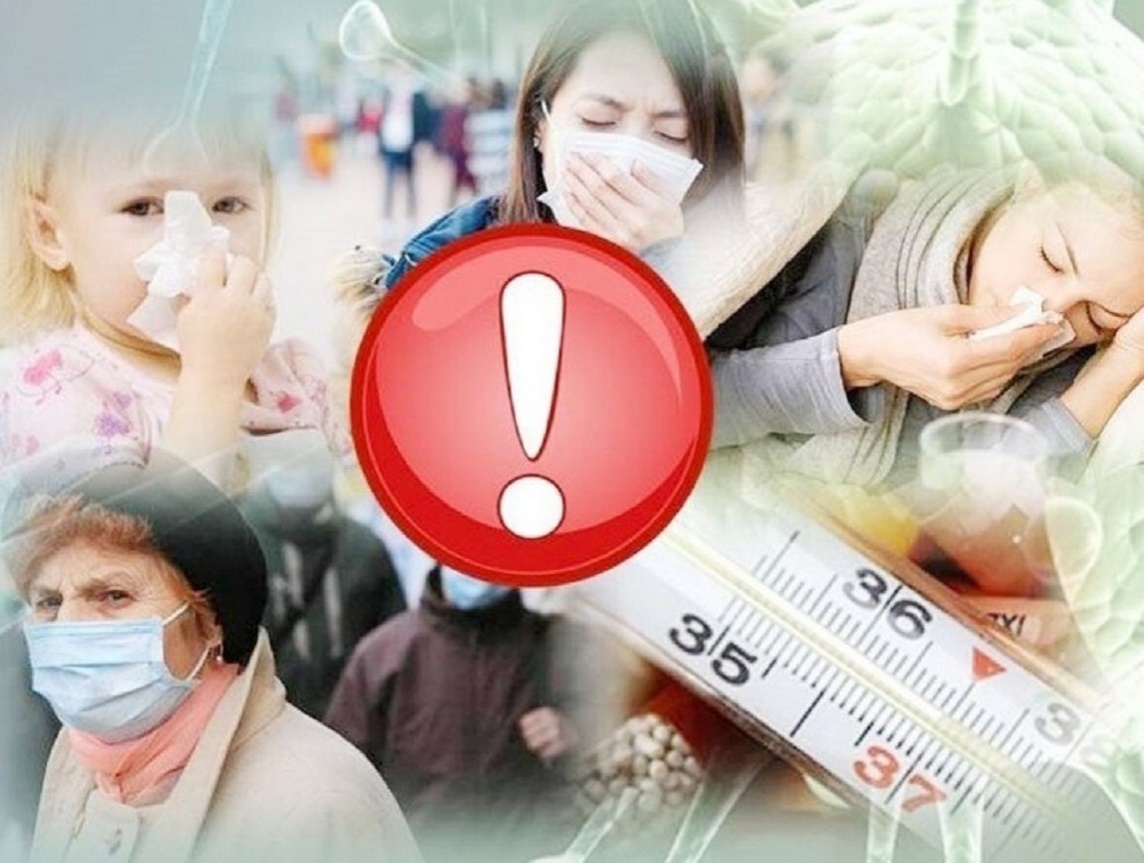Influenza, commonly known as the flu, is an infectious disease caused by the influenza virus. It spreads through respiratory droplets when an infected person coughs or sneezes.
The purpose of treatment for influenza is to relieve symptoms and reduce the potential for complications. It is recommended to get vaccinated before the onset of the flu season to prevent potential infection.
The indications for influenza treatment are fever, chills, sore throat, muscle aches, headache, coughing, and other respiratory symptoms. However, influenza treatment is not recommended for people who have allergies to flu vaccine or antiviral medications.
The treatment for influenza varies depending on the severity of the symptoms. Antiviral drugs can help reduce the severity and duration of the illness but are not a substitute for vaccination. Other symptomatic relief options include rest, fluids, and over-the-counter medications for pain and fever.
The primary effect of influenza treatment is a reduction in symptoms and a decrease in the risk of complications such as pneumonia. However, if treatment is not initiated promptly, the risk of complications increases.
Common side effects of antiviral medication may include nausea, vomiting, diarrhea, dizziness, headache, and allergic reactions.
There are several types of influenza viruses, including A, B, C, and D. Type A and B are responsible for the seasonal flu and can cause significant illness.
It is essential to take preventative measures such as frequent hand washing, covering coughs and sneezes, and avoiding contact with sick individuals to reduce the spread of influenza.
In conclusion, influenza is an infection that can cause severe symptoms and complications. Vaccination and timely treatment are recommended to prevent illness and minimize potential complications.
Bronchitis is a condition in which the bronchial tubes, which carry air to and from the lungs, become inflamed. This can lead to coughing, wheezing, difficulty breathing, and other respiratory symptoms.

